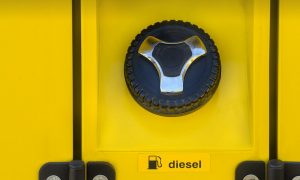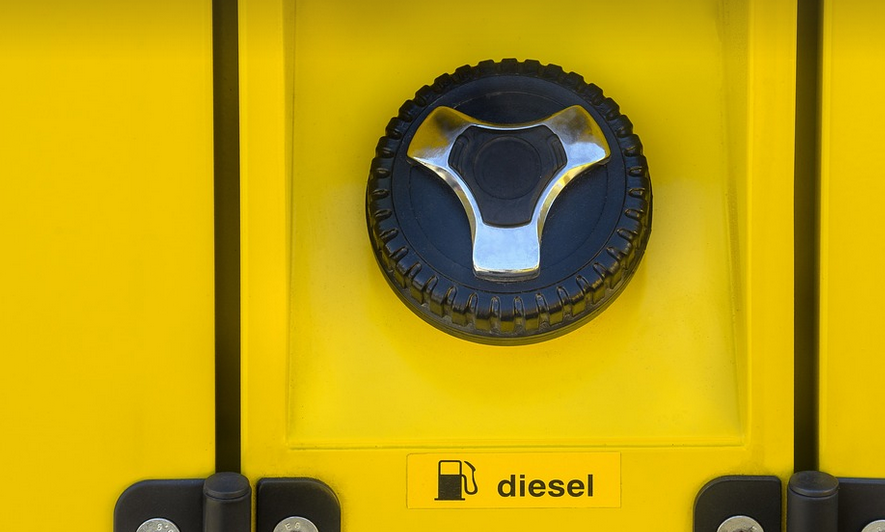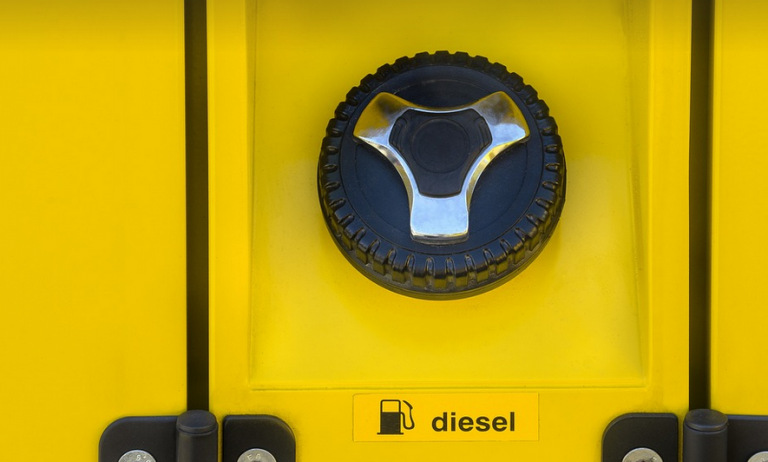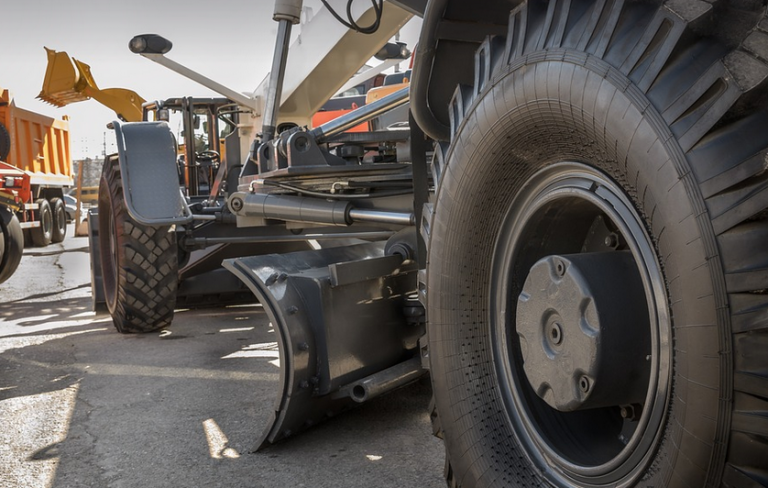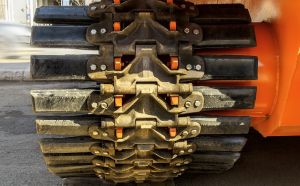A Year-Round Guide to Preventing Freeze Damage
Ah, the joys of a cozy home and endless hot showers come with a little catch: winter’s chill. As temperatures plummet and snow rolls in, your tankless water heater may be at risk for freezing. This can lead to costly repairs and even damage to your system; it’s no fun having to figure out how to get that shower working again!
But fear not, fellow homeowners! There are plenty of steps you can take to protect your tankless water heater from the cold embrace of winter. Don’t let a little frost become a major headache—learn these simple tips and enjoy a warm and worry-free winter!
**Understanding Your Water Heater:**
Tankless water heaters work differently than their traditional counterparts. Unlike those big, bulky tanks storing endless hot water, tankless units heat on demand. This means they have less space for potential cold water build-up. It’s this element that makes them prone to freezing in colder climates.
So, what exactly constitutes a risk for your tankless heater? The key lies in the fact that these heaters are not designed for prolonged exposure to extremely low temperatures – they could experience damage if left frozen for extended periods. It’s crucial to protect them from freezing and ensure consistent water flow, especially during harsh winter months.
**Identifying Potential Problems:**
Before you dive into prevention, it’s worthwhile to familiarize yourself with the red flags. If your water heater starts showing these signs – reduced performance, unusual noises, or even a change in temperature – there’s a good chance it’s experiencing issues related to freezing.
A tankless water heater can freeze if the water flow is interrupted due to a blocked drain, a faulty valve, or an inadequate system. If you notice any of these problems, address them promptly and call a qualified plumber for assistance.
**Preventing Freezing: A Comprehensive Guide:**
So, how do we prevent the dreaded freeze? Here’s where proactive measures come into play. Implementing preventative measures can save you from costly repairs and prolonged inconvenience.
1. **Insulate It Up!**
Imagine your water heater as a cozy sweater. The more insulation it has, the less susceptible it is to cold winds. This isn’t just about aesthetics; proper insulation helps regulate internal temperature even when outside temperatures drop. Consider investing in extra insulation for the unit’s exterior and its surroundings.
2. **Keeping It Covered:**
In times of extreme cold, a protective cover can be crucial. Think of it as giving your water heater a cozy blanket to shield against direct wind exposure. Use weather-appropriate covers designed for tankless water heaters; they typically feature vents and other design elements that allow airflow while still providing insulation.
3. **Addressing the Flow:**
Water flow is vital, especially in cold months. If you notice a lack of consistent hot water flow or your heater struggles to maintain its temperature, it might be time for a plumber’s visit. They can check for blockages in pipes or valves that could hinder water circulation and lead to freezing.
4. **Regular Maintenance:**
Keeping up with regular maintenance is like giving your tankless water heater a tune-up. A clean unit, especially after periods of extended cold weather, will ensure optimal performance and prevent any potential issues. This includes checking the drain for blockages, cleaning sediment buildup, and even inspecting the electrical connections.
5. **The Ultimate Safety Net: Smart Features:**
Modern tankless water heaters often come equipped with temperature-controlled circuits, energy monitoring features, and smart tech that can help preemptively intervene before freezing occurs or if there are prolonged periods of low flow. These features offer peace of mind while minimizing the risk of damage.
**Beyond Protection: Ensuring Long-Term Functionality**
Preventing freezing is just the first step in ensuring your tankless water heater stays in tip-top shape throughout winter. Regular maintenance, smart technology, and preventative measures will ultimately contribute to a longer lifespan and a constant supply of hot water for years to come.
**Investing in peace of mind**
Remember, your tankless water heater is an investment in convenience and comfort. By understanding its unique characteristics and taking the necessary steps to prevent freezing, you can ensure it remains a reliable source of hot water for years to come.
Happy Winterizing!








